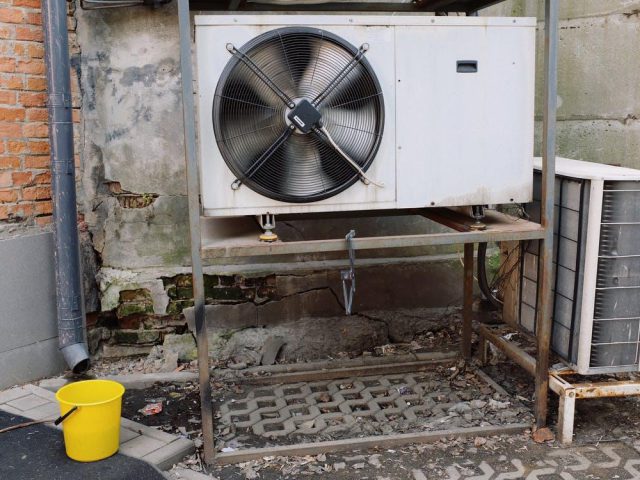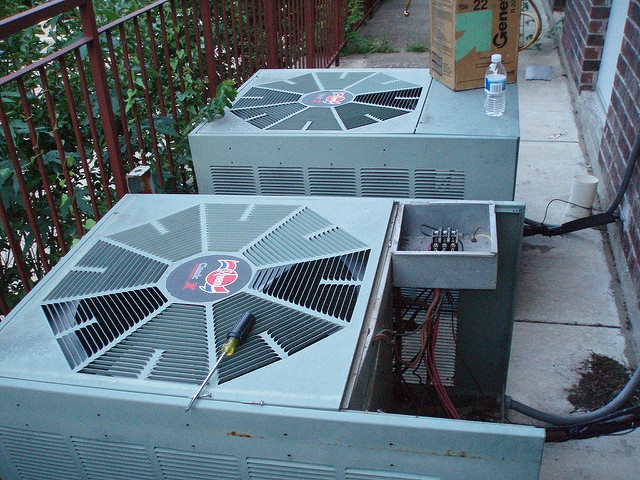
When a consumer requires a solution on their device or a/c system, they typically assume that the technician who reacts will be accredited. But, is that always the case? Past the reasonably small complication that we occasionally see in regard to HVAC and also appliance technicians themselves, and the structure of certification programs, there is the customer; the individual who calls as well as demands service on their heater, comfort air conditioning system, fridge, cleaning equipment, etc. as well as thinks that the specialist who shows up will be capable, proficient, as well as, if essential, licensed.
Appears reasonable enough.
Nevertheless, sometimes, the “accreditation” that customers assume exists … well, simply isn’t. Think about these two situations:
A consumer sees a van for a home appliance solution firm, as well as, along with the firm name and contact details are shown on the lorry, the term “Qualified Specialists” is detailed. What is the consumer’s impact of this listing, as well as what presumptions are, generally, automatic? Frequently, it is when among the specialists from this service company turn up to deal with whatever specific make and also a model of appliance that needs to be fixed, she or he is certified (trained, educated, as well as checked) on that particular appliance or group of the appliance. Well, in this scenario, that’s not what the “certified” listing means.
In this situation, the device service business paid about $25 per technician to take an open-book, 50 multiple-choice inquiry test (Kind 1 for specialists who service refrigeration systems including less than 5 lbs. of refrigerant with a hermetically sealed refrigeration system is the official interpretation of this EPA accreditation examination on refrigerant handling) and thus noted on their van that the service technicians they utilize are “accredited”.
This qualification is, as the EPA definition states, pertaining to safe and legal techniques pertaining to refrigerant handling and requirements for leaving as well as charging refrigeration systems, and also appropriate techniques of leakage screening a refrigeration system. It does not speak to a service technician’s competency related to any other facet of maintenance appliances … not servicing the electrical and air circulation systems in a fridge; except servicing gas or electric ranges, or washing equipment, clothes dryers, dishwashers, etc. it relates to refrigerant dealing with just.

For our second situation, this set on the a/c side of service, the circumstance is similar. The distinction is that the test is closed-book and can be just 50 questions if the specialist is becoming licensed in what is referred to as Type 2 equipment (high-pressure refrigeration systems with greater than 5 pounds. of cooling agent) instead of Type 1 equipment. Or, it could be that the service technician accomplished a 100 multiple-choice inquiry test that covers not just Type 1, but also Type 2 and also Type 3 devices (low-stress refrigeration systems), which suggests the service technician is thought to be accredited as a Global Professional.
In either situation, the “licensed” term can be made by taking a test related only to the EPA policies and also laws about secure and also legal cooling agents dealing with techniques. For additional tips and information, learn the facts here!
Currently, if in either situation, the listing on the side of the solution vehicle mentioned “Factory Educated Service Technicians”, that would certainly indicate something more than what I have actually defined above, and also customers need to be familiar with the difference in between both descriptions that are intended to be a sign of professional proficiency.



